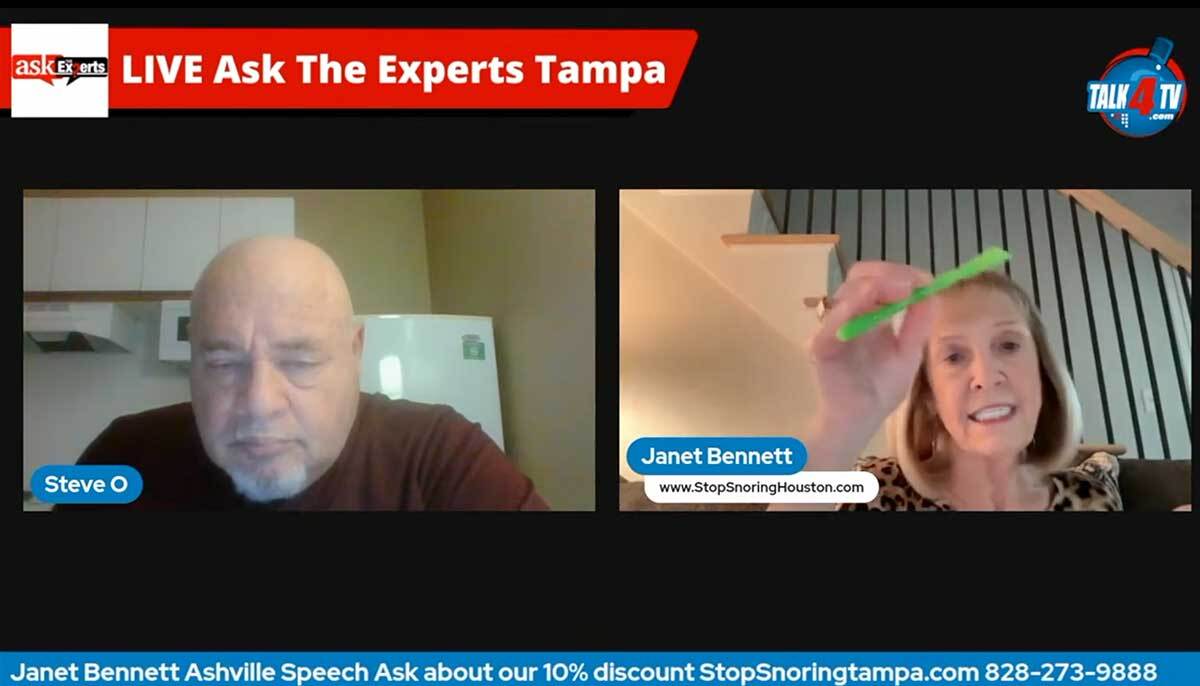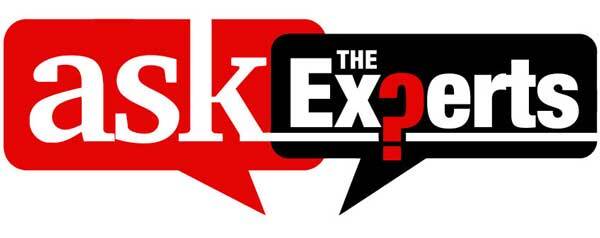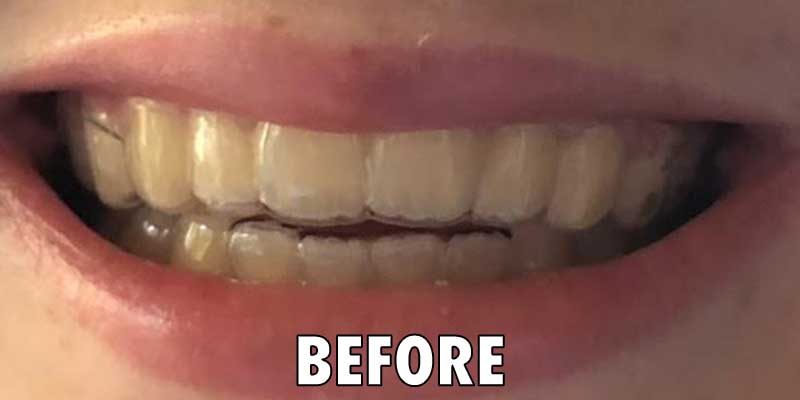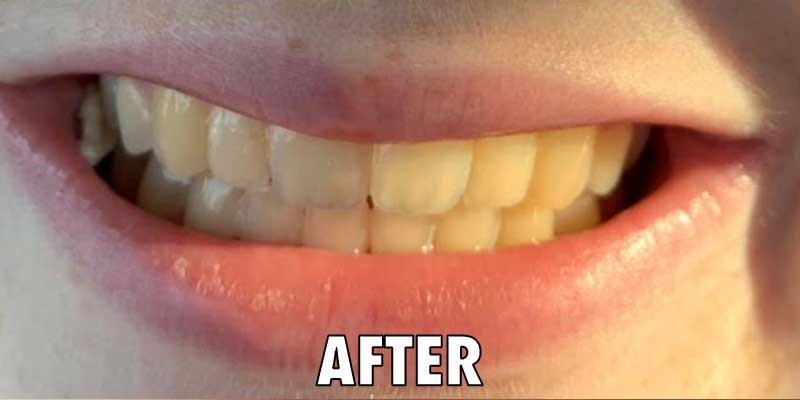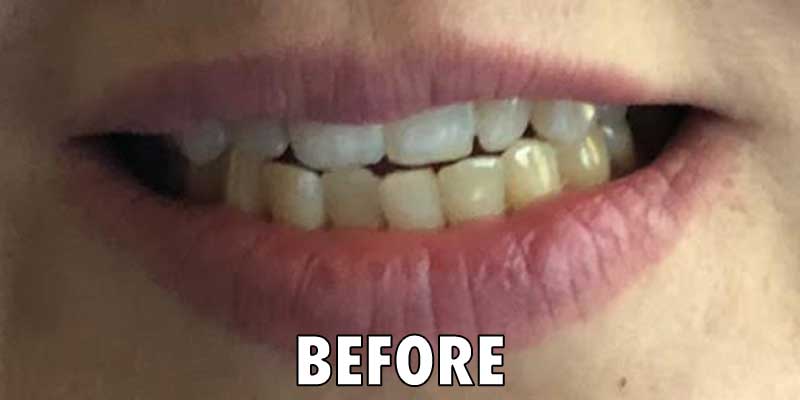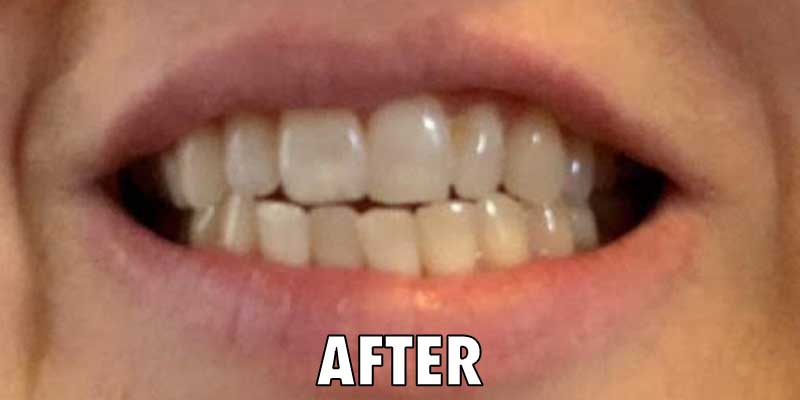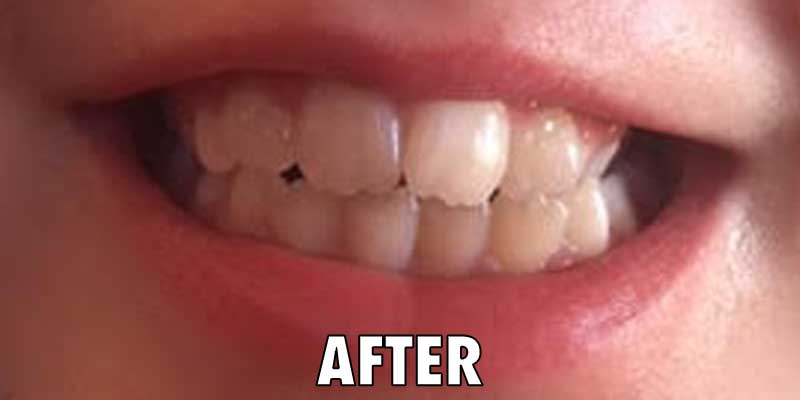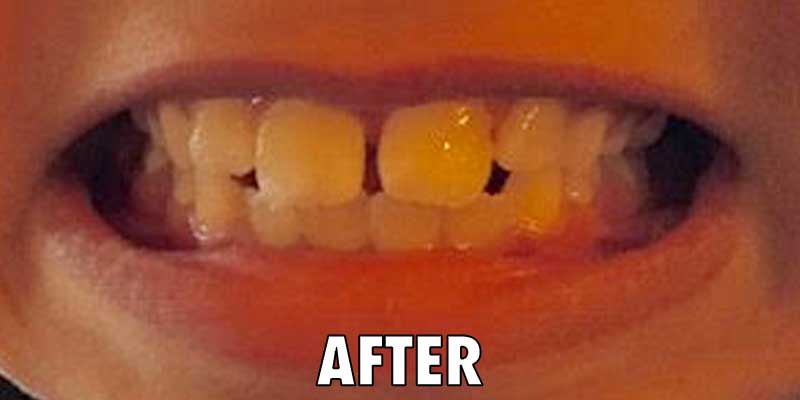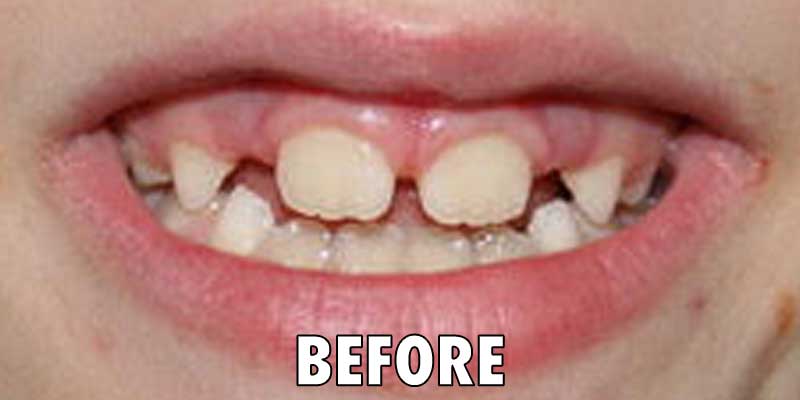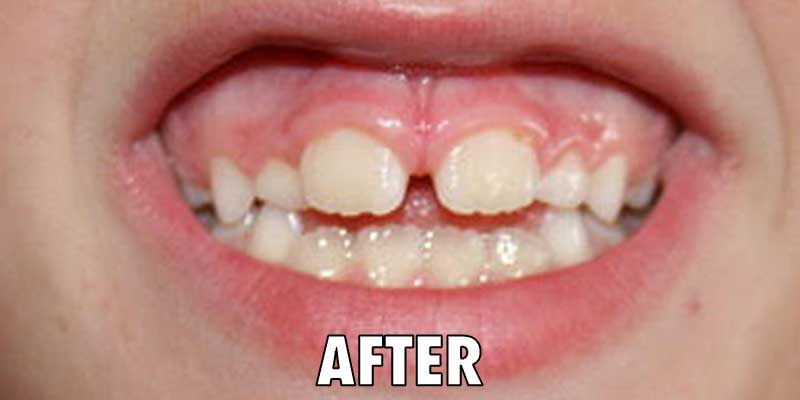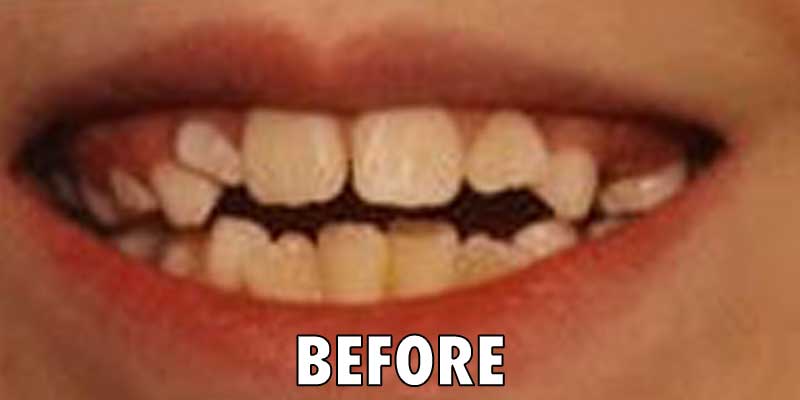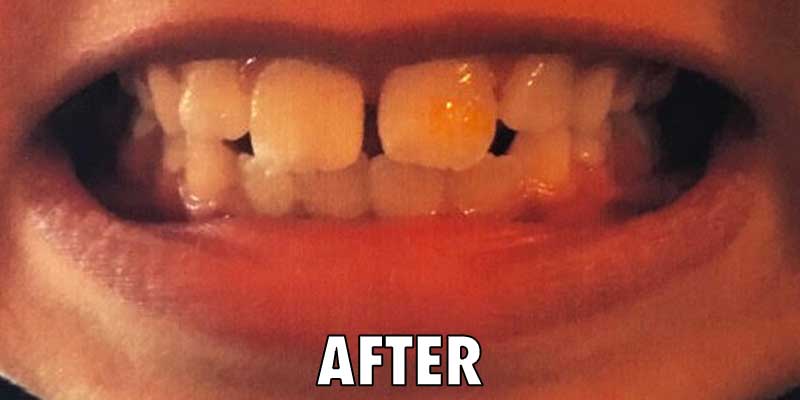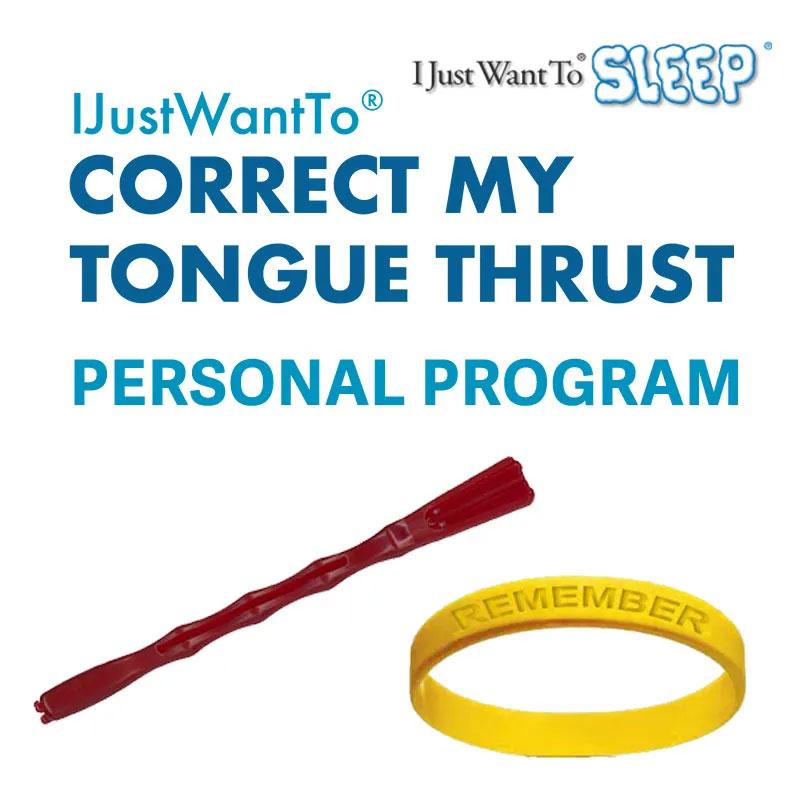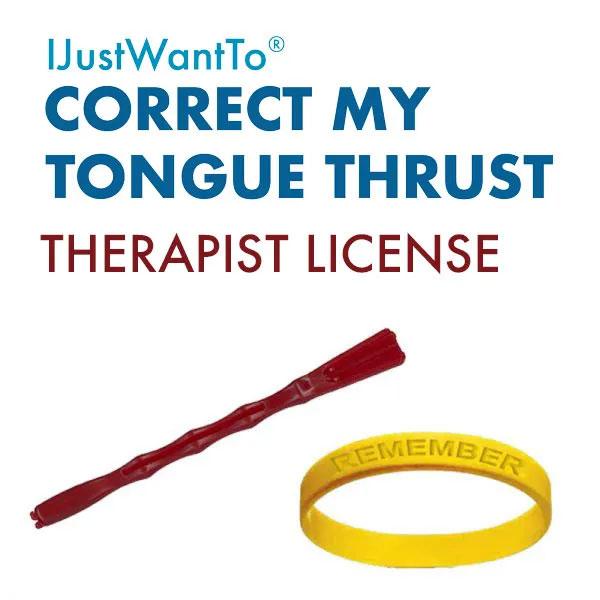Ask the Experts and Stop Snoring Tampa!
Tongue thrust is the forward position of the tongue against the teeth while swallowing, speaking, or at rest.
This can push the teeth out of alignment and may cause:
Stop Mouth Breathing & Stop Snoring
How long does it take to correct a tongue thrust?
IJustWantTo® Correct My Tongue Thrust is a step-by-step program that leads you through tongue exercises explained in written words and videos to correct your tongue thrust in only SEVEN WEEKS.
The author, Janet Bennett, M.Ed., CCC-SLP, has a Master’s degree in Speech Pathology and has been a licensed Speech Pathologist for over 40 years. She has treated Tongue Thrust exclusively since 1994.
You will see her treating someone for all seven lessons over video. Your tongue will get stronger and feel more comfortable in your mouth, and if you snore, it should gradually get quieter and quieter. As your tongue muscles get stronger due to you doing the exercises, more changes should occur.
The tongue exercises vary weekly but take 15-20 minutes twice daily. Most of them can be performed while driving to work, reading, watching TV, or vacuuming.
It is recommended for ages eight and over. A younger child may be able to perform the exercises, depending on their maturity.
Start Today Online- What You Get:

